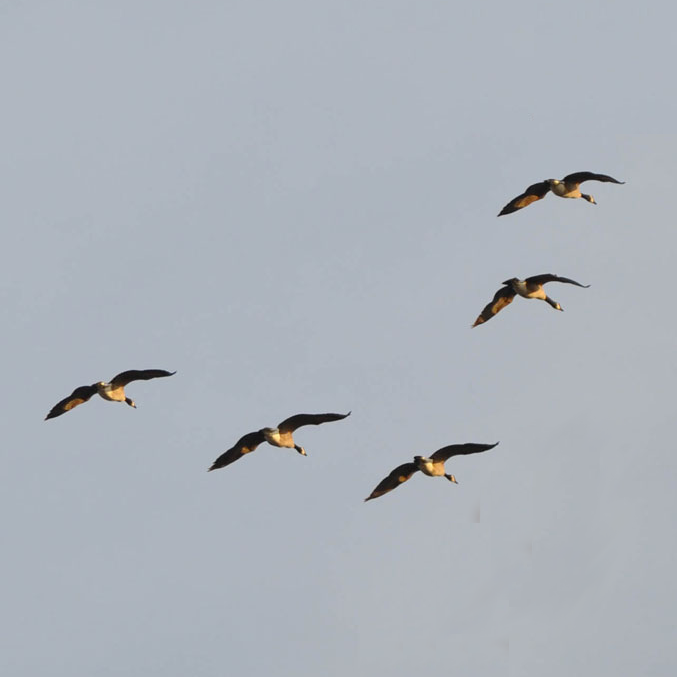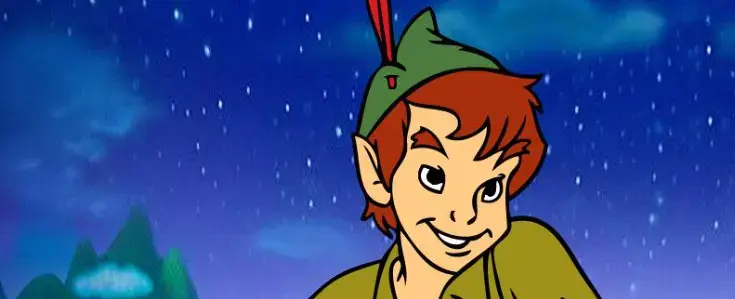When most people discuss perpetual copyrights, they’re usually its at least somewhat hyperbolic.
Outside of Mexico, copyrights in every nation expire and works become free for others to use without permission or royalty.
However, there is one interesting exception to that rule: Peter Pan.
Through a special bill in the U.K., the boy who never grows up has been granted a copyright that, at least in part, will never expire.
While the case of Peter Pan is certainly an unusual one, it raises much larger questions about the purpose of copyright, how long copyright terms should be and what the function of copyright law should be.
So it’s worth taking a moment to understand how the boy who won’t grow up became the boy who won’t completely enter the public domain.



From the article you linked to originally:
"As a result, the hospital is still entitled to royalties for uses of Peter Pan in the country. However, these rights have several key limitations: “Royalties Only: The provision only allows the hospital to collect royalties, not to grant permission for uses. This came up in 2007 when the pornographic graphic novel Lost Girls was delayed in the UK until 2008, after the copyright Barrie’s work expired.”
From your “this is not the case” wiki entry: “On 23 June 2006, officials for Great Ormond Street Hospital (GOSH) —which was given the copyright to Peter Pan by J. M. Barrie in 1929—asserted that Moore would need their permission to publish the book in the UK and Europe… [Top Shelf] delayed publication of Lost Girls in the UK until after the copyright lapsed at the end of 2007.”
So two of YOUR sources note the 2007 change in status. Until the end of 2007, GOSH held copyright control in the UK. They no longer do. Barrie died in 1937, 2007 was 70 years after his death. Normal UK copyright law.
Are you saying that ALL royalties for derivative works/use of IP are an abridgement of free speech in your view? I’m not keen on that redefinition of the term.
I do believe copyright, its continued extensions in favor of rights-holders, and associated attacks on the fair use doctrine are abridgements of free speech. I also believe each addition of complexity to copyright law is a gift to copyright law firms and the consolidated publishing corporations who can easily afford to employ them, as well as an attack on small publishers and authors to whom employing solicitors and barristers is an onerous burden. But that’s not what I’m arguing here.
I’m saying that granting eternal royalties from Peter Pan to GOSH creates a monetary disincentive for anyone but GOSH to publish derivative Peter Pan works. This creates a chilling effect on the republication of Barrie works and re-use of Peter Pan characters, and is worthy of outrage. This is similar in effect to the intractable libel laws that financially disincentivize publishing negative news about powerful figures and institutions in Britain, which is even more outrageous. I’m also saying that the special copyright status of Peter Pan and larger problems like the libel law situation are evidence of the same underlying issue; Britain’s relative disinterest in protecting free speech.